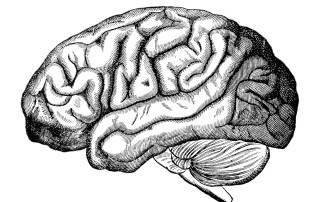hen I was younger, I used to wander off into a fantasy land where I was loved and important. In my fantasy, everyone was grateful for my existence and was glad to know me or even associate with me. I don’t think I was alone in this fantasy but it begs the question, why was this my ultimate dream? What does it say about my perception of reality? And most importantly, what does any of this have to do with Harry potter? Harry Potter books, penned by one-time struggling single mom JK Rowling, are reported to have sold more than 450m copies worldwide. Consequently, Rowling’s financial status has grown from welfare recipient to billionaire. Perhaps seeing the success of the Potter series, other authors have built upon its framework. Series revolving around Percy Jackson and Charlie Bone have both capitalized on the same theme. However, despite the wild success of Harry Potter, Percy Jackson, and other similar series, they were not the first to exploit this theme. Earlier film series such as Star Wars also capitalized on what seems to be a societal resonance with the story of someone once thought to be unimportant, who in fact possesses unique gifts […]
Validating Your Brain: The Epic Conclusion
Click here for part 1 and part 2 Up to this point, my last two posts have tried to demonstrate a few key realizations: The brain is working primarily on an unconscious level. Because of this, we are rarely as aware of what we are doing and why as we would like to believe. The brain is well-intentioned and is trying to accomplish its sole purpose, surviving the moment. Because it is focused on surviving the moment, it will make decisions that favour short-term benefits EVERY SINGLE TIME, unless we override it. Because the brain operates primarily on the level of our unconscious, it usually communicates with our conscious brain indirectly. Often, it is trying to get our attention and we are not listening to it, which leads to the perpetuation of problem behaviors, thoughts, and feelings. If we learn to really listen to our brain, it will tell us everything we need to know. The final piece of this trilogy will attempt to focus on the final point I’ve listed above. Specifically, I’m going to be demonstrating how working together with your brain, instead of fighting against it, is the surest way to mental health and a better experience […]





Recent Comments